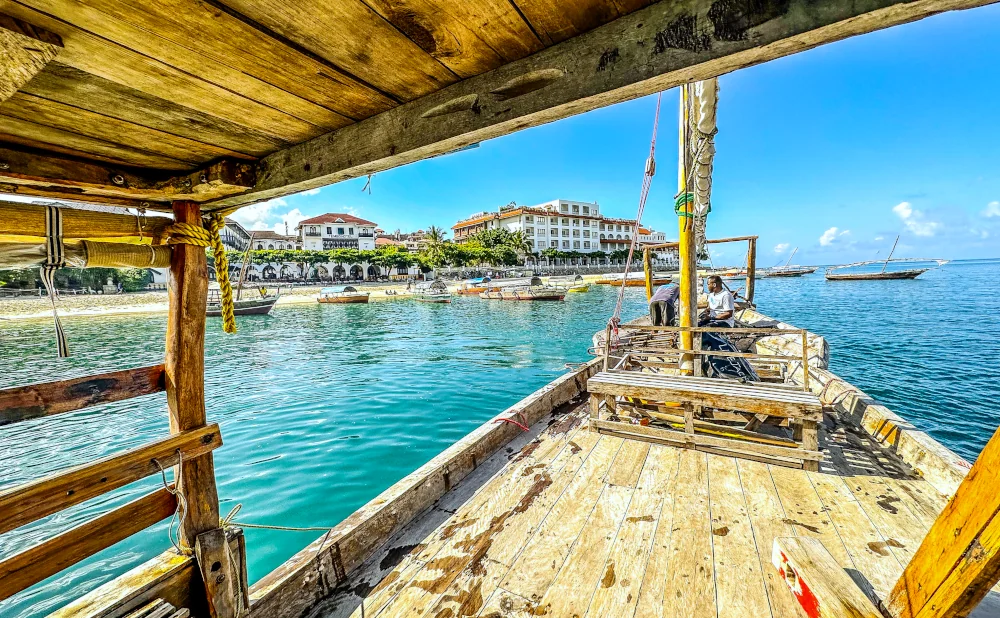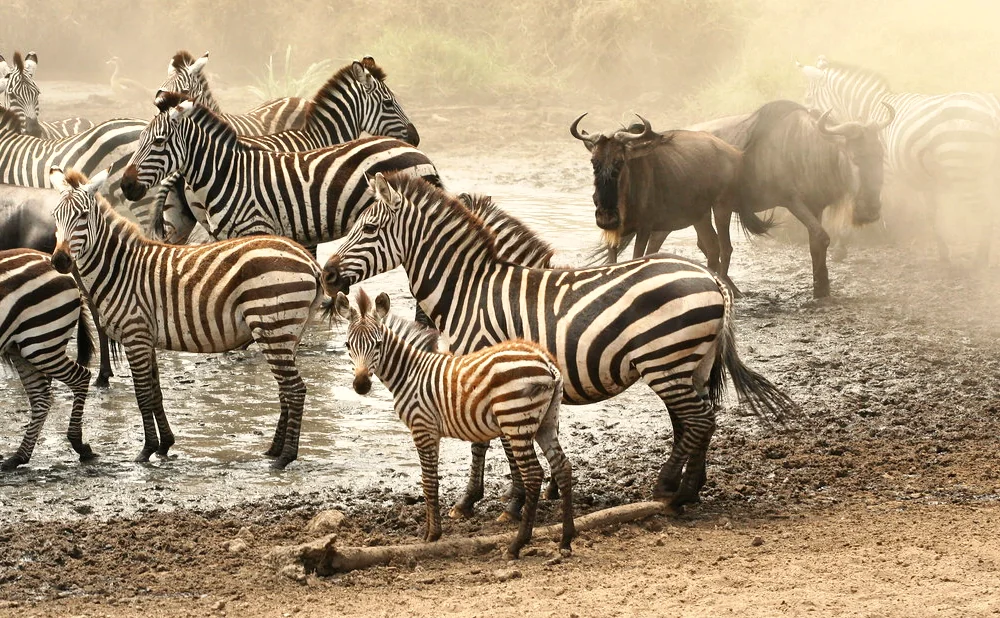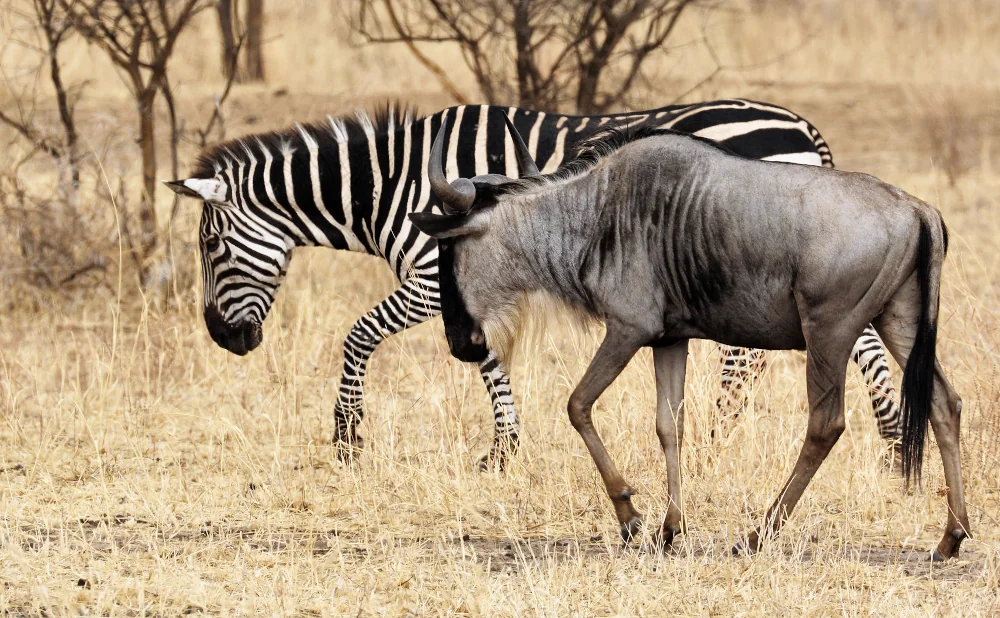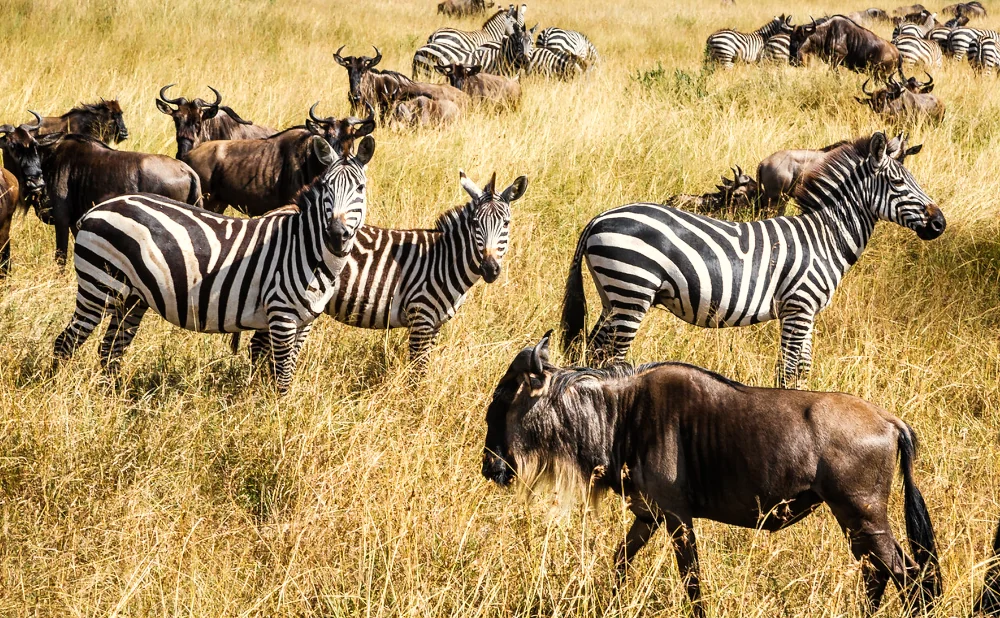Understanding Time Zones in Tanzania
Navigating time zones can be a tricky part of travel planning.
When it comes to Tanzania, understanding its time zone is crucial.
Tanzania operates on East Africa Time (EAT), which is UTC 3. This remains consistent throughout the year, as the country does not observe daylight saving time.
This single time zone affects various aspects of your trip. From scheduling flights to planning safaris, the local time plays a significant role.
Whether you're a tourist eyeing the national parks, a business traveler scheduling meetings, or simply curious about time in Tanzania, this guide is for you.
In the following sections, we'll delve deeper into Tanzania's time zone and its impact on travel, business, and daily life.
Tanzania's Single Time Zone Explained
Tanzania follows East Africa Time (EAT), which is UTC 3.
This means it's three hours ahead of Coordinated Universal Time (UTC).
Unlike some countries, Tanzania does not adjust its clocks for daylight saving time. This means the time remains the same throughout the year.
This uniform time zone simplifies travel within the country, as you don't need to adjust your watch when moving from one region to another.
Impact of Tanzania's Time Zone on Travel and Safari Planning
Understanding Tanzania's time zone is crucial for planning your trip.
It affects everything from flight schedules to safari timings.
For instance, the best time to visit Tanzania for a safari is during the dry season, from late June to October. This is when animals are easier to spot as they gather around water sources.
Here are some key points to consider:
The current time in Dar es Salaam can be used as a reference for the entire country.
Kilimanjaro, a popular destination, follows the same time as Dar es Salaam.
The best safari companies in Tanzania will be knowledgeable about the local time and how it affects animal behavior and park hours.
Remember, time in Tanzania is important for scheduling visits to national parks, as they have specific opening and closing times.
Best Times to Visit Tanzania's Parks and Attractions
When planning a trip to Tanzania, it's important to consider the best times to visit its parks and attractions.
For instance, the Serengeti National Park is best visited during the Great Migration. This usually occurs from late June to September.
On the other hand, the beaches of Zanzibar are most enjoyable during the hot, dry months of December to February.
Remember, the time in Tanzania plays a significant role in determining the best times to visit these attractions.
Time in Tanzania for Business Travelers
Business travelers should also be aware of Tanzania's time zone.
It's crucial for scheduling conference calls and meetings with local companies.
Remember, Tanzania operates on East Africa Time (EAT), which is UTC 3.
This knowledge can help avoid scheduling conflicts and ensure smooth business operations.
Current Time in Key Tanzanian Cities
Tanzania's major cities, including Dar es Salaam, Arusha, and Dodoma, all share the same time zone.
This means that the current time in Dar es Salaam can be used as a reference for the entire country.
Even Kilimanjaro, a popular destination in Tanzania, follows the same time.
This uniformity simplifies travel planning within the country.
Understanding Local Time for Golden Trips and Safaris
Golden trips in Tanzania refer to well-planned tours. These tours take into account the optimal times for wildlife viewing.
The best safari company in Tanzania will be knowledgeable about the local time. They know how it affects animal behavior and park hours.
For instance, many animals are most active during the cooler early morning and late afternoon hours.
So, understanding the local time is crucial for maximizing your safari experience.
Adjusting to Tanzania Time: Tips for Tourists
When you travel to Tanzania, adjusting to the local time is crucial. This helps to avoid jet lag and make the most of your trip.
Consider the time difference between your home country and Tanzania. Start adjusting your sleep schedule a few days before your trip.
Stay hydrated and avoid heavy meals on your flight. This can help your body adjust to the new time zone.
Remember, Tanzania does not observe daylight saving time. So, the time remains consistent throughout the year.
Tanzania Time Zone in Relation to Neighboring Countries
Tanzania shares the East Africa Time zone (UTC 3) with its neighbors. This includes Kenya and Uganda.
This uniformity simplifies travel planning within the region. It also aids in coordinating cross-border activities.
So, whether you're in Dar es Salaam, Nairobi, or Kampala, the time remains the same. This is a convenience for travelers and businesses alike.
FAQs About Tanzania Time Zones
Many travelers have questions about Tanzania's time zone. Here are some common queries:
Does Tanzania observe daylight saving time? No, Tanzania does not observe daylight saving time. The time remains consistent throughout the year.
What is the time difference between Tanzania and the US? The time difference varies depending on the US time zone. For example, Tanzania is 8 hours ahead of Eastern Standard Time (EST).
Is the time the same across all of Tanzania? Yes, all regions of Tanzania operate on East Africa Time (UTC 3).
Understanding these basics can help you plan your trip more effectively.
Next Steps for Travelers
Understanding Tanzania's time zone is crucial for a successful trip. It helps in planning your activities and aligning with the local rhythm of life.
Whether you're planning a safari, a business trip, or a cultural tour, being aware of the local time is key. It ensures you make the most of your time in this beautiful country.
Remember to check the current time in Tanzania during your trip planning process. This will help you schedule flights, tours, and other activities.
Lastly, respect the local time customs and schedules. This will ensure a smooth and enjoyable visit to Tanzania.











